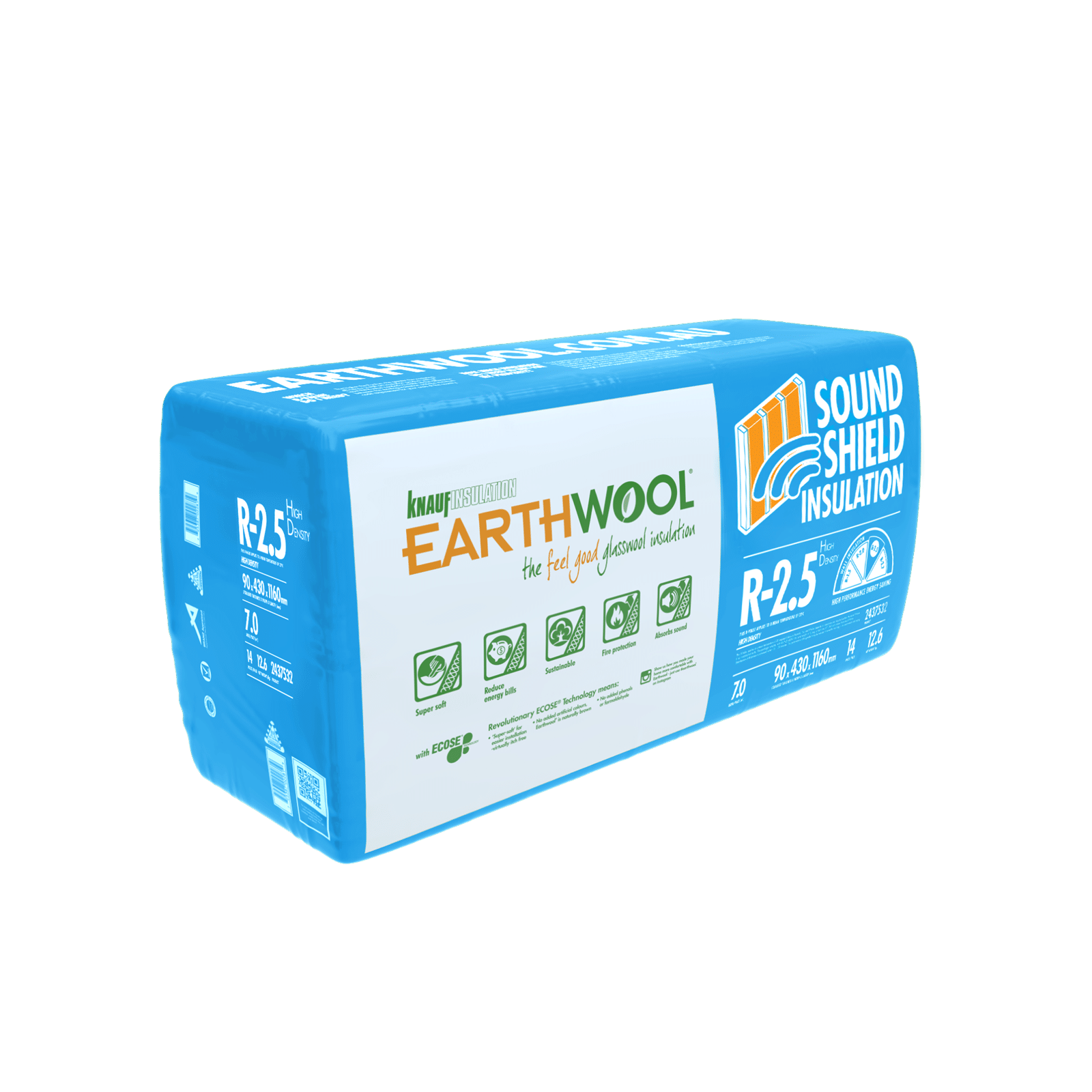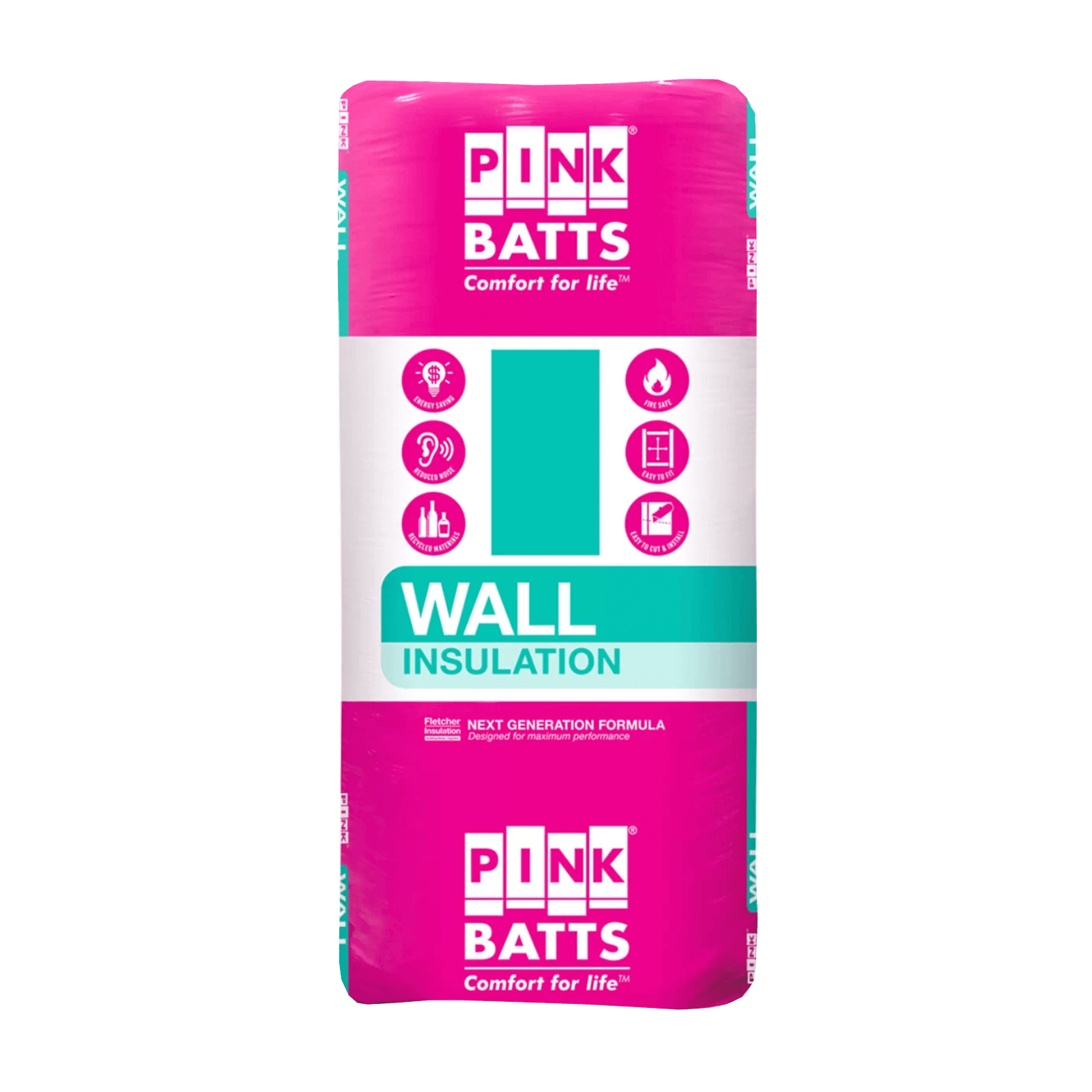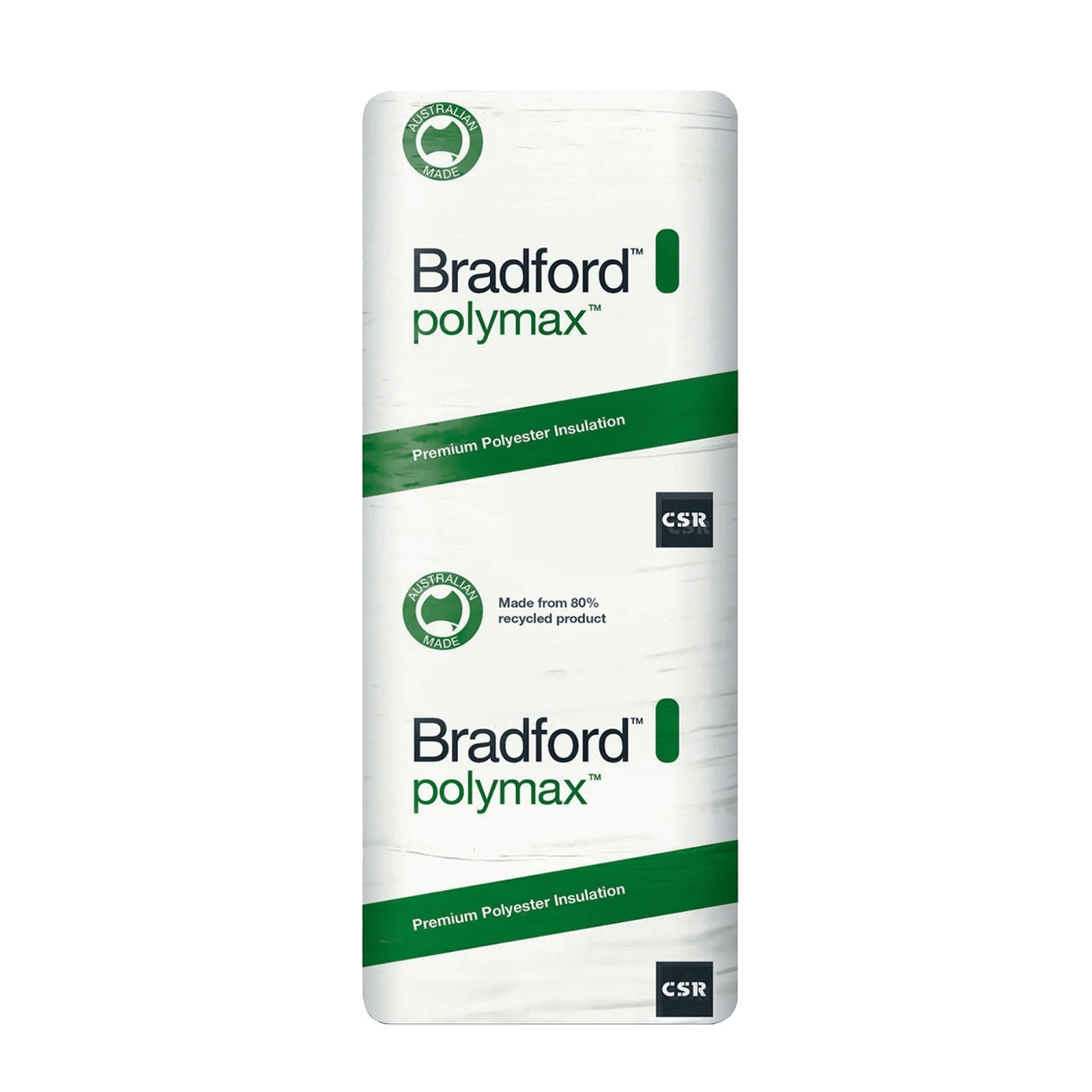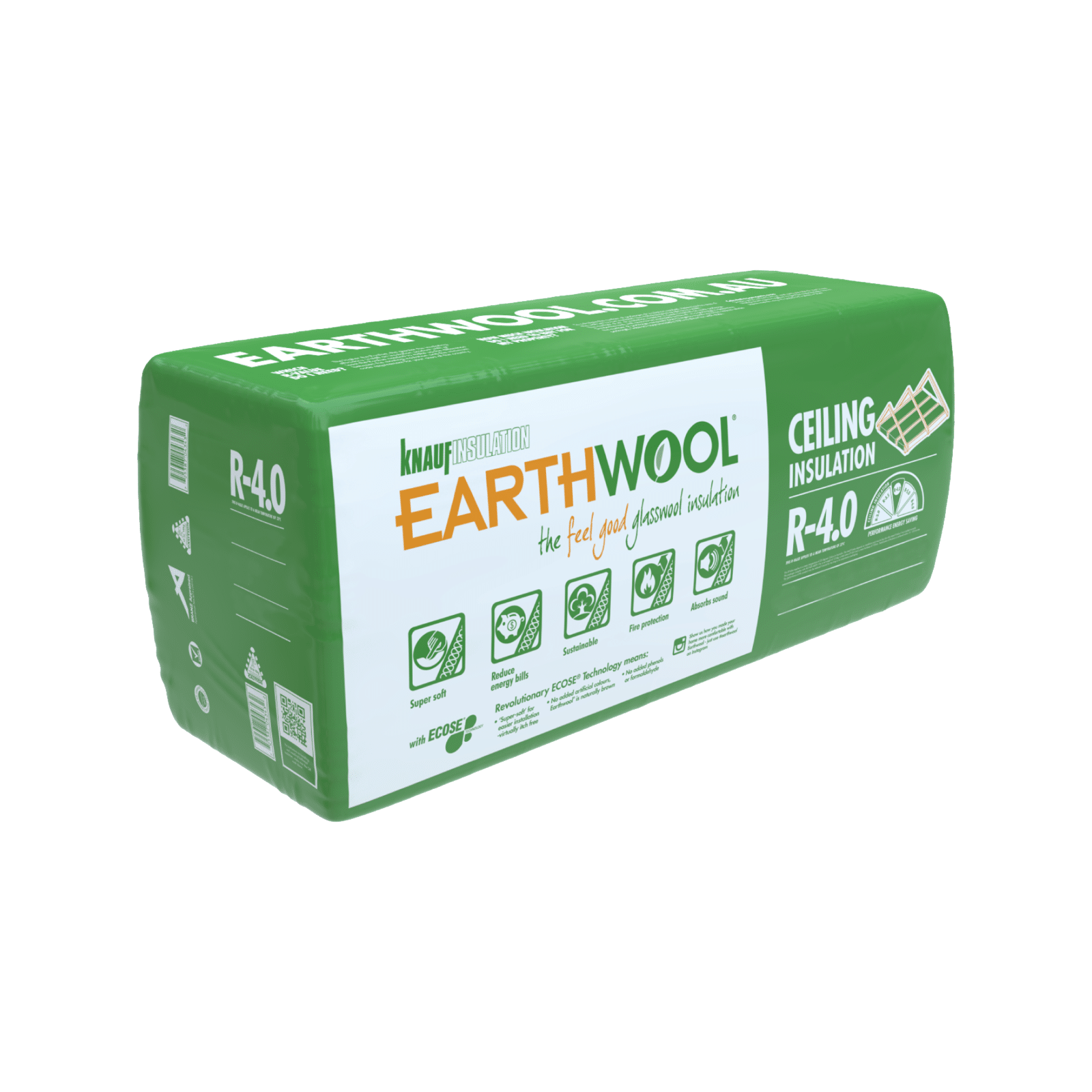
Saving Energy with Effective Insulation
Feeling the pinch of rising energy costs?
With electricity and gas bills climbing year after year, finding smart ways to cut down on energy usage has never been more important. One of the simplest and most effective solutions is installing energy-efficient insulation.
So, how exactly does insulation boost a home’s energy efficiency?
By helping to regulate indoor temperatures, insulation reduces the need for constant heating or cooling. This not only lowers your utility bills, but also reduces carbon emissions and makes your home more comfortable and environmentally friendly.
At OG Insulation, we believe that “the energy you don’t use is the cleanest energy of all.” In this article, we’ll explore how proper insulation can help you save money, reduce your environmental impact, and enjoy a more energy-efficient home year-round.
The Importance of Insulation in Boosting Energy Efficiency
What is insulation, and how does it help?
Insulation is a building material designed to slow down heat transfer, helping to keep your home cooler in summer and warmer in winter. It comes in a variety of forms, including glasswool (fibreglass), polyester, rockwool, sheep’s wool, hemp, foam, foil, and cellulose.
The key function of insulation is to minimise heat flow, maintaining a stable indoor temperature by keeping heat inside during colder months and blocking it out during hotter ones.
Insulation performance is measured by its R-value, or thermal resistance. A higher R-value indicates greater resistance to heat transfer. Homes in colder climates generally require insulation with higher R-values, while warmer areas can achieve efficiency with lower R-values to retain cool air.
Key Areas of the Home Where Insulation Makes the Biggest Difference
Insulation is most effective in areas where heat transfer is highest—especially in your home’s roof space. Since heat naturally rises, an uninsulated ceiling can account for up to 25% of heat loss during winter. Installing roof and ceiling insulation helps regulate indoor temperatures, keeping warmth in during colder months and blocking heat out during summer—significantly boosting comfort and energy efficiency.
Walls are another major source of heat exchange. Proper wall insulation acts as a thermal barrier, helping to maintain a stable indoor climate year-round. While it’s ideal to insulate walls during construction or renovation, existing homes can also benefit from blow-in insulation, which fills the cavities without major structural changes.
Underfloor insulation is also important, especially in homes with raised floors. It helps minimise heat loss from below, enhancing both energy efficiency and indoor comfort throughout the seasons.

How Rising Energy Costs Affect Australian Households
Energy prices across Australia have been steadily increasing, with many households now facing some of the highest electricity and gas bills on record. Factors such as tighter environmental regulations and supply-demand challenges have contributed to these price hikes.
Between 2021/22 and 2023/24, the Default Market Offer (DMO) — which caps what energy retailers can charge customers on standard contracts — rose by over 30% for residential users without controlled load.
This sharp increase is placing added financial pressure on Australian families. One of the most effective ways to ease this burden is by improving home insulation. Energy-efficient insulation can help reduce heating and cooling costs, making your home more comfortable and environmentally sustainable.
Why Energy Efficiency Matters Now More Than Ever
With energy prices on the rise, enhancing your home’s energy efficiency is more important than ever. An energy-efficient home uses less power, lowers utility costs, and reduces carbon emissions.
Insulation plays a key role in this. By minimising heat loss and reducing the need for heating and cooling, insulation helps cut energy usage—making your home more cost-effective and environmentally friendly.
Lowering Energy Bills with Effective Insulation
How Insulation Helps Save Energy
Insulation keeps indoor temperatures stable, reducing the need for constant heating or cooling. This not only cuts down on energy usage but also improves indoor air quality, making your home more efficient and comfortable.
Real-World Benefits
Well-installed insulation can reduce energy consumption by up to 20%, offering a strong return on investment. The savings on utility bills can be substantial over time.
Added Health Advantages
Beyond cost savings, insulation also supports a healthier living environment. It helps block airborne pollutants and minimises moisture build-up, reducing the risk of mould growth and related health issues.

Choosing the Right Insulation for Energy Efficiency
Top Insulation Brands
Leading eco-friendly brands like Earthwool, Kingspan, and Bradford offer some of the most effective energy-saving insulation products available today.
Popular Insulation Materials
- Glasswool (Fiberglass): A widely used and affordable option, ideal for reducing energy bills and commonly used in roof spaces.
- Polyester: A moisture-resistant choice, perfect for underfloor insulation. Though more costly than glasswool, it’s durable and safe but limited in higher R-value options.
- Cellulose: Made from recycled materials, it’s an environmentally friendly solution with good thermal performance. However, it tends to be pricier and needs professional installation.
How to Select the Best Insulation
Consider your local climate, home design, and budget when choosing insulation. Cold regions benefit from higher R-value products for better heat retention, while warmer climates need insulation that helps block out excess heat and maintains cooler interiors.
More Than Just Energy Savings: The Extra Benefits of Insulation
Insulation does more than lower energy bills—it also enhances comfort, boosts home value, and supports a healthier planet.
By installing energy-efficient insulation, you can eliminate draughts and maintain a stable indoor temperature year-round. It can also help reduce noise transmission and improve air quality, all of which contribute to a more comfortable and enjoyable living environment.
In today’s real estate market, well-insulated homes are highly desirable. Adding insulation can increase your property’s value by making it more energy-efficient and appealing to potential buyers.
From an environmental perspective, insulation helps reduce your dependence on fossil fuels by cutting energy consumption, which in turn lowers your household’s carbon emissions.
When you consider the financial, environmental, and lifestyle advantages, upgrading to high-quality insulation is a smart and sustainable investment.









